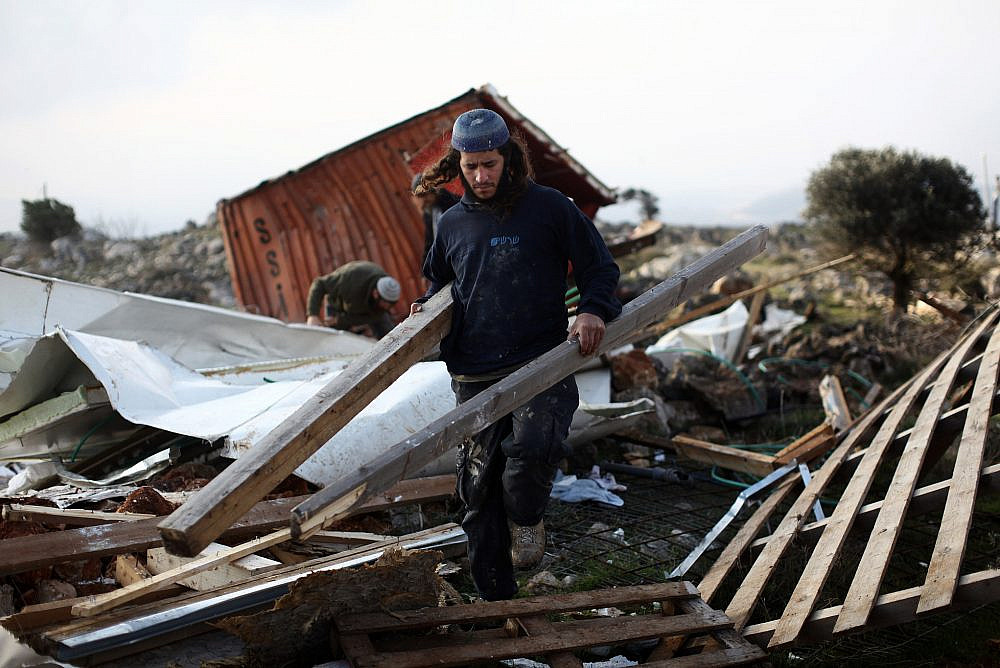- Joined
- May 30, 2017
- Messages
- 10,409
- Reaction score
- 8,013
- Location
- Canada
- Gender
- Male
- Political Leaning
- Centrist
Joint Attacks
Safadi’s death was one of 11 violent killings of Palestinians in the West Bank on May 14, according to the Palestinian Ministry of Health. While Israeli media reported that the killings occurred amid “clashes” — implying the widespread protests over Al Aqsa and the Gaza bombings — at least four of the deaths occurred during deliberate attacks by settlers and soldiers on Palestinian villages, an investigation by Local Call and The Intercept found.
The joint attacks by Israeli settlers and soldiers were not linked to protests in the targeted villages; no demonstrations preceded the violence in three of the four locations. The incursions all occurred at almost the same time, around 2 p.m., and all involved the settlers destroying agricultural land, including by setting fires, as well as stone throwing and the use of live ammunition.
Attacks on Palestinians by stone-throwing settlers, as Israeli soldiers stand idly by, are a common occurrence in the occupied Palestinian territories. But scenes like those from May 14 — settlers and soldiers attacking villages in apparent cooperation, with live ammunition — are unprecedented.
From:

On a Single Day in May, Israeli Settlers and Soldiers Cooperated in Attacks That Left Four Palestinians Dead
On a single day in May, Israeli soldiers and settlers cooperated in an unprecedented spate of unprovoked joint attacks that left four Palestinians dead.
Israeli settler extremism is now being backed up not by IDF passive complicity but by active IDF participation in settler attacks on Palestinian property and the Palestinian Arabs themselves. This is an unprecedented escalation since last May and if it continues this could cause serious domestic, local, regional and international blowback for the State of Israel.
For some background information see:

How one hilltop became an incubator for Israeli settler violence - +972 Magazine
The Israeli government has done little to stop the religious settlers of Yitzhar, whose extremist doctrine is instigating waves of violence against Palestinians in the West Bank.
Cheers and be well.
Evilroddy.
Last edited:
